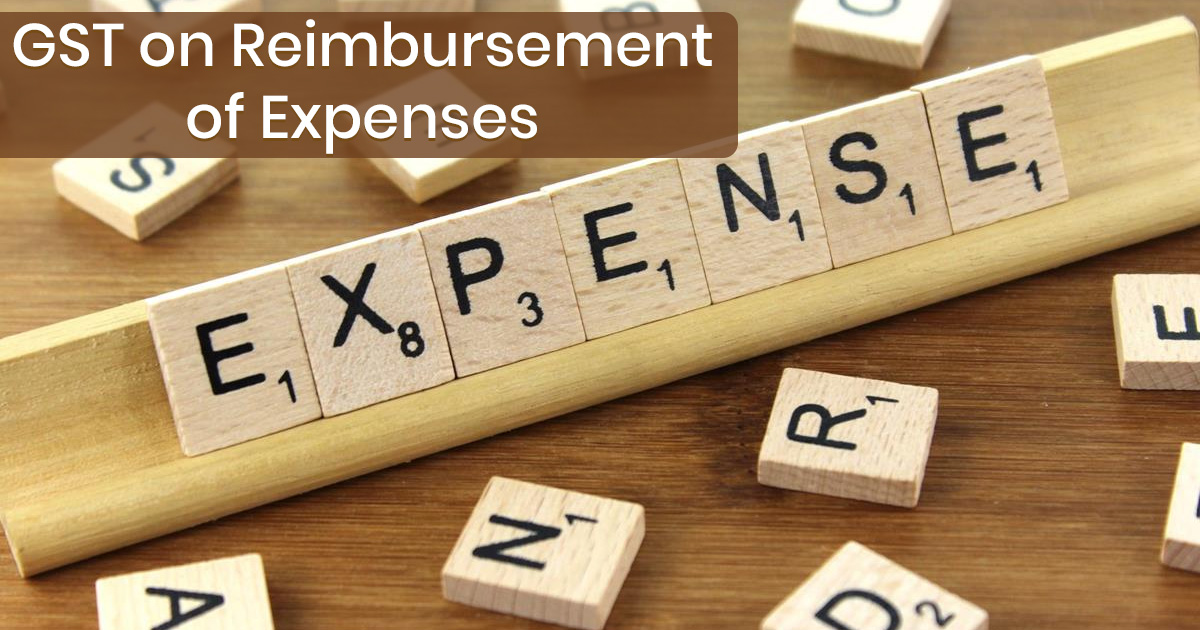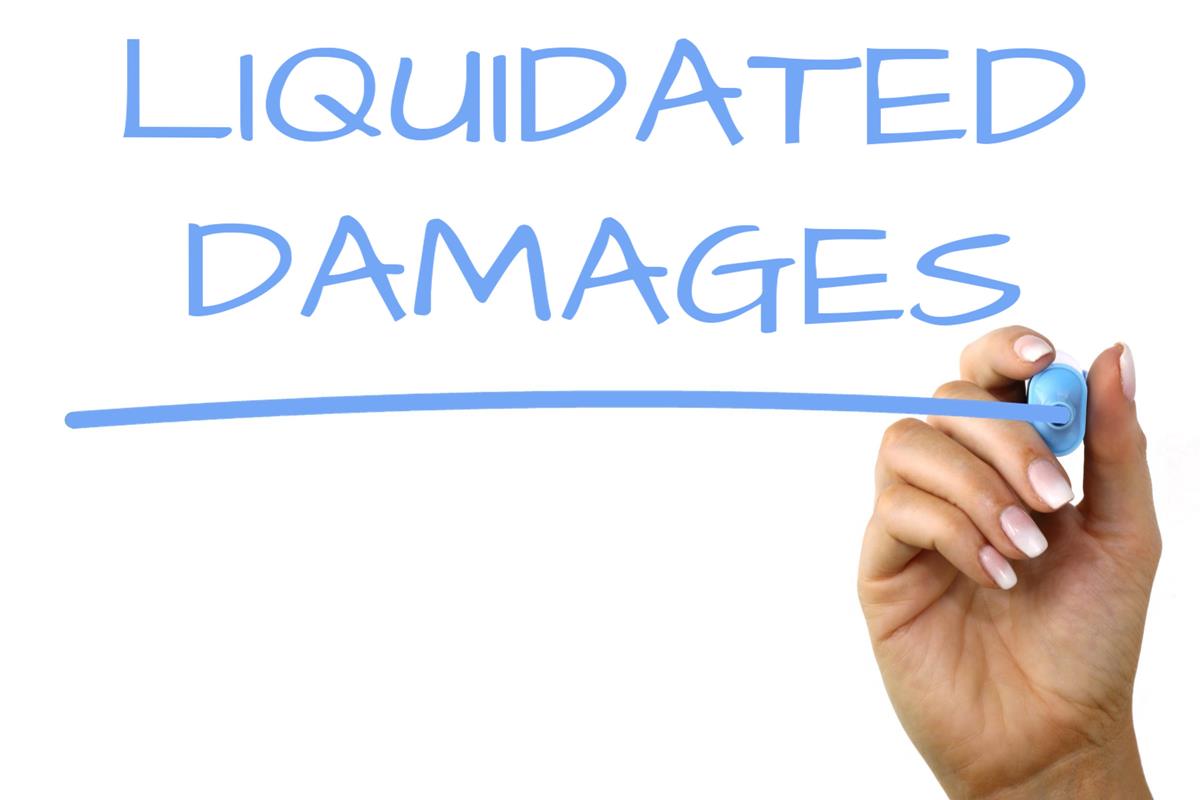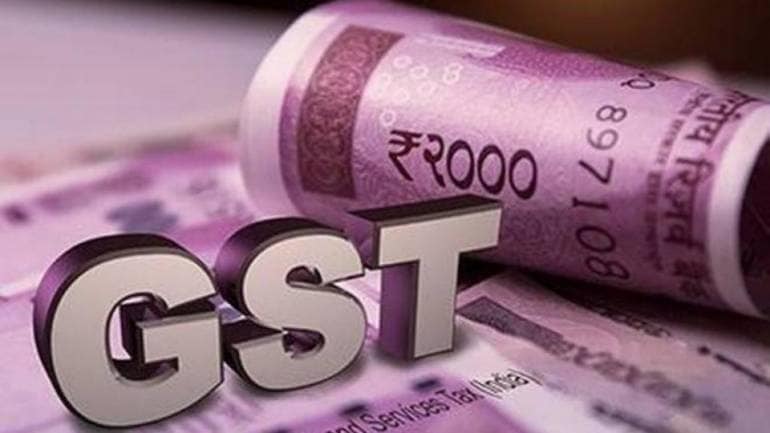Applicability of GST on the reimbursement on expenses has been a million-dollar question for many. This issue was subject to much litigation under the service tax regime as well wherein in the landmark judgment, Union of India v. Intercontinental Consultants and Technocrats Pvt. Ltd., the Hon’ble Supreme Court had resolved the controversy regarding whether reimbursement expenses provided by the service receiver are to be included in the value of taxable service for the purposes of charging to service tax. The Supreme Court upheld the decision of the Delhi High Court and held that the reimbursement expenses do not form part of the ‘gross amount charged’ for the purposed of the value of the taxable services chargeable to service tax. Further, the Hon’ble court had again reiterated the well-established principle that the rules cannot go beyond the statute by holding that Rule 5 of the Service Tax (Determination of Value) Rules 2006, is ultra vires to Section 66 and Section 67 of the Finance Act, 1994.
In view of the above ruling, section 67 of Finance Act,1994 (Service tax law) relating to valuation was amended by Government from 14th May 2015 so as to include reimbursement of expenses in and as consideration. The amendment had been specifically provided that consideration for taxable service shall include all reimbursable expenditure or cost incurred and charged by the service provider.
Applicability of GST on reimbursement of expenses
Under GST regime, Section 15 of the CGST Act, 2017 deals with valuation and it doesn’t specifically mandate that value will include reimbursements as was prescribed under Section 67 of the Finance Act, 1994.
However, the contours of Section 15 of the CGST Act, 2017, dealing with the value of taxable supply has been kept wide enough to include any amount charged for anything done by the supplier in respect of supply of goods/services.
Section 15(2) of the CGST Act, 2017, covering amounts to be included in value of supply, inter alia, covers the following vide clause (b) and (c):
- Any amount that the supplier is liable to pay in relation to such supply but which has been incurred by the recipient of the supply and not included in the price actually paid or payable for the goods or services or both;
- Incidental expenses, including commission and packing, charged by the supplier to the recipient of a supply and any amount charged for anything done by the supplier in respect of the supply of goods or services or both at the time of, or before delivery of goods or supply of services
Further, the definition of consideration under Section 2(31) of the CGST Act, 2017, is also indeed broad to, inter alia, cover any payments, whether in money or otherwise, in respect to, in response to, or for the inducement of the supply of goods/services.
Thus in view of the above legal position and further considering that GST is not an income tax and is applicable on gross transaction value and thus reimbursement of expenses cannot be reduced from the value of taxable supply except where such reimbursements are being claimed as pure agent.
Reimbursements as pure agent not taxable
As discussed above the reimbursements will be included in the value of the supply, however, reimbursements claimed as pure agent will not be included in value of supply.
Rule 33 of CGST Rules, 2017 states about the value of services in case of pure agent, which is as below:
“Notwithstanding anything contained in the provisions of this Chapter, the expenditure or costs incurred by a supplier as a pure agent of the recipient of supply shall be excluded from the value of supply, if all the following conditions are satisfied, namely-
(i) the supplier acts as a pure agent of the recipient of the supply, when he makes the payment to the third party on authorisation by such recipient;
(ii) the payment made by the pure agent on behalf of the recipient of supply has been separately indicated in the invoice issued by the pure agent to the recipient of service; and
(iii) the supplies procured by the pure agent from the third party as a pure agent of the recipient of supply are in addition to the services he supplies on his own account.
Explanation- For the purposes of this rule, the expression ―pure agent, means a person who-
(a) enters into a contractual agreement with the recipient of supply to act as his pure agent to incur expenditure or costs in the course of supply of goods or services or both;
(b) neither intends to hold nor holds any title to the goods or services or both so procured or supplied as pure agent of the recipient of supply;
(c) does not use for his own interest such goods or services so procured; and
(d) receives only the actual amount incurred to procure such goods or services in addition to the amount received for supply he provides on his own account.”
Accordingly, any amount charged as a pure agent shall be excluded while determining the value of taxable supply under GST. In other words, the reimbursement of expenses claimed as pure agent will not be subject to GST.
Illustration- X firm is engaged to handle the legal work pertaining to the incorporation of Company Y. Other than its service fees, X also recovers from Y, registration fee and approval fee for the name of the company paid to the Registrar of Companies. The fees charged by the Registrar of Companies for the registration and approval of the name are compulsorily levied on Y. X is merely acting as a pure agent in the payment of those fees. Therefore, X‘s recovery of such expenses is a disbursement and not part of the value of supply made by X to Y.
Other examples of pure agent reimbursements are:
a). Expenses incurred by Clearing & Forwarding agent and reimbursed by principal such as freight, godown charges.
b). Income tax paid by a CA to the Government on behalf of the client and collected subsequently.
Recently, Hon. Karnataka AAR has passed an order in case of M/s Goodwill Auto’s (KAR ADRG 44/2021 dated 30.07.2021) that:
“….The contract entered between the applicant and the recipient is for the hiring of DG Set and is a comprehensive contract with the consideration having a fixed component and a variable component. The fixed component is the monthly fixed rent charged in the invoice for the DG Set and the variable charge is the charge for diesel used. Both are the part of the same consideration and is for the contract of supplying DG Set on hire. Though it appears that the applicant is receiving the reimbursement of the diesel cost, the recipient is not paying for the diesel but for the services of the DG Set, which is an integral part of the supply of DG Set rental service. There is no separate contract for supply of diesel and the invoice issued for the reimbursement of diesel is nothing but a supplementary invoice issued for the supply of rental service of DG Set. Hence, consideration for reimbursement of expense as cost of the diesel for running of the DG Set is nothing but the additional consideration for the renting of DG Set and attracts CGST @9% and KGST @9%….”
Consequently, the reimbursement of diesel in the above case has to be included in the rental value of DG Set as reimbursement is considered as an integral part of providing the rental service of DG Set.
Tax planning tips:
1. To avoid litigations on GST on reimbursement of expenses, it is advisable to obtain the invoices in respect of the reimbursable expenditure in the name of the ultimate recipient, and only actual expenditure incurred is claimed as reimbursement without any mark up. This will help us in satisfying the criteria of not holding of the title of goods/services and receipt of the actual amount.
2. Separate contract may be entered for incurring of expenses as pure agent and also separate invoices for principal supply and for reimbursement of cost or expenses may be issued.
3. All specified conditions of the pure agent must be fulfilled. In case any condition is not fulfilled it is better to levy GST on reimbursements to obviate litigations. The recipient will also not be at loss in case of B2B transactions wherein the recipient will avail ITC in respect of GST charged on reimbursements.
***
Follow us for free tax updates : facebook Twitter
Subscribe to our portal and get FREE Tax e-books, quality articles and updates on your e-mail.
Resolve your GST queries from national level experts on GST free of cost.
Frah Saeed is a law graduate specializing in the core field of indirect taxes and is the Co-founder of taxwallah.com. She has authored many publications on GST and is into full-time consultancy on GST to big corporates. She as a part of taxwallah.com heads a team comprising of Chartered Accountants and Advocates and plays a key role in our mission to disseminate GST knowledge to all.



